Always pay with cash for these things!
Right now, in our increasingly digital world, the most popular payment method is undoubtedly the card. It’s incredibly easy and seamless to use. You don’t even have to carry a physical wallet with you anymore, as you can simply tap your phone or smartwatch when paying. Technology is incredible indeed, and the convenience is undeniable. But even if physical cash is no longer king in the grand scheme of commerce, there are still a handful of important purchases out there where relying on plastic or digital wallets can be a mistake.
We know you might not like to have cash with you all the time—it can feel bulky and old-fashioned. However, sometimes you absolutely might need it because paying for everything with a card is not always the smartest solution, as there are a few key exceptions. Making the conscious choice to use cash in certain situations can save you money, protect your financial data, and even help you become a more mindful spender. It’s about using the right tool for the right job.
Curious to find out more about these specific scenarios? If your interest is piqued, then keep reading and learn when to be prepared with a bit of cash in your pocket. This knowledge will help you avoid unexpected fees and awkward situations, ensuring you are always ready for whatever comes your way!

1. Small everyday things
Believe it or not, you should always try to have some cash with you because using it for small, everyday purchases like your morning coffee, a newspaper, or a snack from a convenience store is a genuinely wise move. We say this because when you have the physical money in your hand, you have a much better, more tangible control over it. This is a psychological phenomenon known as the “pain of paying”—it simply feels more real, and thus hurts a little more, to hand over a crisp bill than to mindlessly tap a plastic card.
And when you can control the money more efficiently and feel its departure, this means you will probably spend less on those little, unnecessary purchases. You will probably think twice before giving money away for an impulse buy when you have to physically count it out of your wallet. This friction forces a moment of reflection: “Do I really need this?” It’s a built-in budgeting tool that a frictionless card payment completely bypasses.
Moreover, using cash for smaller transactions can protect you from potential overdraft fees that may come with using debit cards, or from chipping away at your credit limit on trivial items. Maybe the individual fees are not worth a lot, but when they add up over weeks and months, they will drain your account in no time. Some small businesses also have a minimum purchase amount for card transactions to offset their own processing fees, forcing you to buy more than you intended. Stick to cash for the small stuff and you can successfully avoid all of the random fees and enforced up-sells.
Now, you don’t have to have all of your money in cash, of course. That would be impractical. But carrying a small, predetermined amount with you for daily incidentals is a fantastic and simple budgeting strategy. Consider it your daily allowance, and once it’s gone, it’s gone.
2. Tipping
You almost always have the option to add a tip with your card when settling a bill at a restaurant or salon, but have you ever stopped to think about using cash for this purpose? Choosing to leave a cash tip can have some unexpected and significant advantages, both for you and for the person who served you.
First of all, and most importantly, when you pay the tips without the card, you are absolutely sure that that money goes directly and immediately into the pockets of the server, bartender, or stylist. Many times, restaurants and other businesses pool all the digital tips and split them among all the workers, including kitchen staff and hosts. While this can be fair, it also means your server might not get the full amount you intended for them. Sometimes this also means that those people can get the money with a certain delay, often waiting until their next paycheck.
It’s important to remember that for many service industry professionals, those tips are not just extra pocket money; they are essential for covering immediate daily expenses like transportation, meals, or childcare. Getting that money as fast as possible can make a huge difference, especially when they rely on that money as their primary source of income. A cash tip is the quickest way to show your appreciation in a tangible way.
Furthermore, tipping with cash can help avoid potential processing fees or administrative deductions that some businesses might apply to digital transactions before distributing them to staff. It also creates a more personal and direct gesture of gratitude. It’s a clear signal that you appreciated their specific service. Sometimes it might be more convenient to pay cash, and if you truly want to support the individual workers who made your experience great, doing so is highly advised.
3. Gas
Ok, this might confuse a lot of people, and it’s a tip that is becoming increasingly relevant. Why would you not pay for gas with your card? It seems so easy to just tap or insert at the pump. Maybe you think it will be easier to do so, but don’t you want it to be cheaper? Paying with cash at a gas station, by going inside to the attendant, can often give you access to significant discounts because it is to their advantage if you choose this payment method.
The reason for this is simple: credit card companies charge merchants processing fees for every single transaction. For gas stations, which operate on notoriously thin profit margins, these fees can eat up a substantial chunk of their earnings. When you use a card to pay, they need to charge you a higher price per gallon to cover those costs. Maybe you don’t consider this a big deal, but in some places, these fees can result in a cash price that is 10, 20, or even 40 cents cheaper per gallon. A few cents now, a few cents tomorrow, and this is how you’ll end up leaving a few extra dollars at the gas station every single week—money that could easily add up to over a hundred dollars per year.
Another compelling reason to pay for gas with cash is security. Gas pumps are a prime target for criminals who install “skimmers,” which are malicious devices that steal your card information. By paying inside with cash, you completely eliminate the risk of your financial data being compromised at the pump. So, the best thing you can do is to simply pay with cash. This is the fastest and most reliable method to save money when paying for gas, and when you are also getting a discount and enhanced security, why not?
4. Stuff you buy on vacation
Going on vacation? How do you plan to pay for all those souvenirs, meals, and experiences? We hope that you said a mix of card and cash, because relying solely on plastic when you are abroad is a recipe for overspending. Say no to temptations and say a definitive no to those pesky random fees!
Foreign transaction fees are a common pitfall for travelers. These are typically around 1-3% of the purchase amount and are charged by many credit card companies whenever you make a purchase in a foreign currency. Making many small purchases, something you’ll probably do when exploring a new place, means that the fees will accumulate rapidly. By the end of your trip, you could easily lose a significant amount of money just for the privilege of using your card.
Relying only on credit or debit cards abroad is also not a good idea because you’ll quickly lose track of how much you are really spending, especially with fluctuating exchange rates. It’s too easy to tap and go without thinking, and in the end, you might come home to a much larger bill than you expected. Using cash makes your budget tangible.
Try to set a specific amount of cash for your trip or for each day, and this will help you have a clear, hard limit for your spending. Also, there is a very high chance of going to wonderful, authentic places where your card simply won’t be accepted—think local street markets, small family-run cafes, food stalls, or public transit systems. Having cash is the only solution in these cases. It also empowers you to haggle for a better price in markets where that’s the custom; sellers are much more receptive to a negotiation when they see you have cash ready. So, always have some local cash when traveling abroad and in unfamiliar places.
5. Vending machine
Maybe you are at work or in a waiting room, and you’re craving a quick snack or a cold drink. That vending machine you can find at the end of the hallway seems like an amazing and convenient idea. Ok, you go there, you see the card reader, and you swipe your card. All good, and your snack drops down!
But regularly doing this is not the best thing for your finances in the long run. This happens because paying with a card at a vending machine can hide various costs, and in the end, you might be paying significantly more than you think for that small indulgence. You’re paying a premium for a moment of convenience.
Vending machine operators often add a surcharge for credit card transactions to cover the cost of the card-reading technology and the per-transaction processing fees. If you don’t read the fine print on the little sticker, these fees accumulate, and you will pay more for your snacks. When you take them separately, a 25 or 50-cent surcharge might not seem like too much, but if you’re a frequent snacker, it will add up and can absolutely affect your budget over time. What could have been a $1.50 treat becomes a $2.00 one every single time.
The solution is to always pay cash at vending machines. You’ll have a clearer sense of what you’re spending and avoid those hidden upcharges. Furthermore, using cash eliminates the frustration of a transaction error, where your card gets charged but the machine fails to dispense your item. Disputing a small charge like that is often more hassle than it’s worth. Once again, using physical money forces a small but important pause, helping you manage your money and your cravings better!

6. Charitable donations
Donating to a cause you believe in is a beautiful thing to do, and you might even help some people in a profound way. When you choose to give cash, it can have a better and more direct impact than you might realize in the first place. Doing this will make sure that the maximum amount of your money, if not all of it, will go straight to the cause you care about and not to a third-party payment processor.
As we said before, digital payments mean processing fees. When you donate online or via a text-to-give service, a percentage of your donation (often 2-5%) is automatically deducted to cover these fees. Larger donations mean larger fees are skimmed off the top. Using cash for donations—whether it’s putting money in a collection plate, a donation jar at a local shelter, or handing it to a legitimate fundraiser—means that these fees will no longer be a problem. All the money you are offering will be used for its intended purpose to buy food, supplies, or fund research.
Also, on a more human level, when you are giving cash, the donation can feel more personal and meaningful. That physical act of giving creates a tangible connection between you and the cause that you support, making the experience more personal and impactful. It is all so different than just mindlessly clicking an online “donate” button and entering your card details. It makes the act of giving a deliberate, present moment.
In summary, while living in a nearly cashless world offers incredible convenience, it’s wise to remember that old-fashioned cash still holds significant power. It can be a tool for better budgeting, a way to avoid unnecessary fees, a method to ensure your generosity has maximum impact, and a safeguard for your financial information. Being strategic about when you use cash versus a card is a hallmark of a truly savvy consumer.
What do you generally prefer? Paying cash or card? What’s the one thing you refuse to pay for with a card? Have you ever been saved by having cash on you in a tricky situation? Tell us more in the comments!
If you need a new wallet that’s perfect for carrying just enough cash and a few essential cards but don’t want something big that will take up all the space in your purse or pocket, this one might be perfect for you, and you can find it for a great price on Amazon: Travelambo Slim Wallet Front Pocket Minimalist Leather RFID Blocking Medium Size
You are always trying so hard to find the perfect prices, and we know how rewarding it feels, but when you are going shopping is as important as the place you go. Timing is everything: Cheapest Days of the Week to Buy ANYTHING

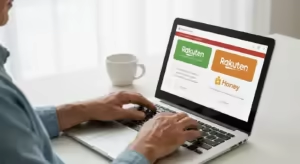



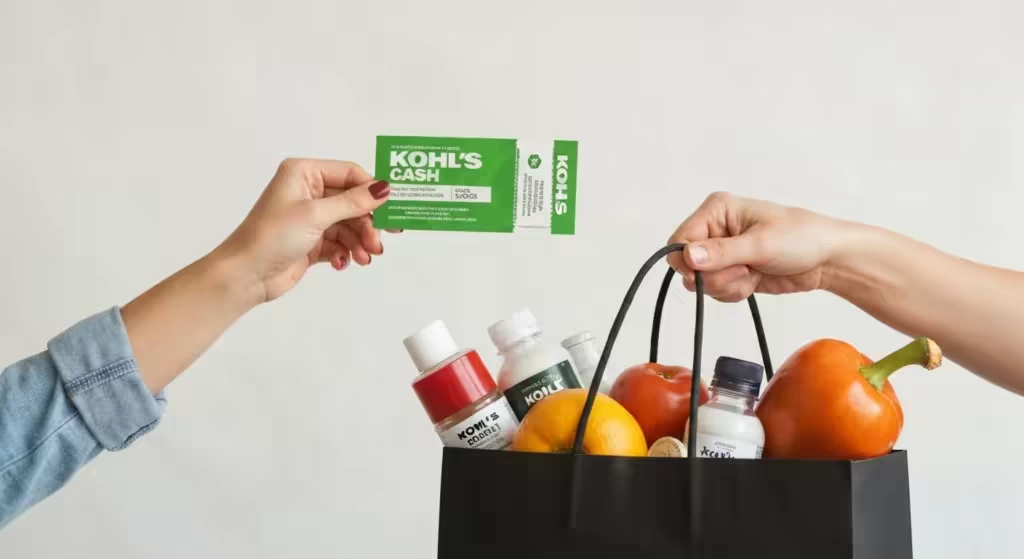
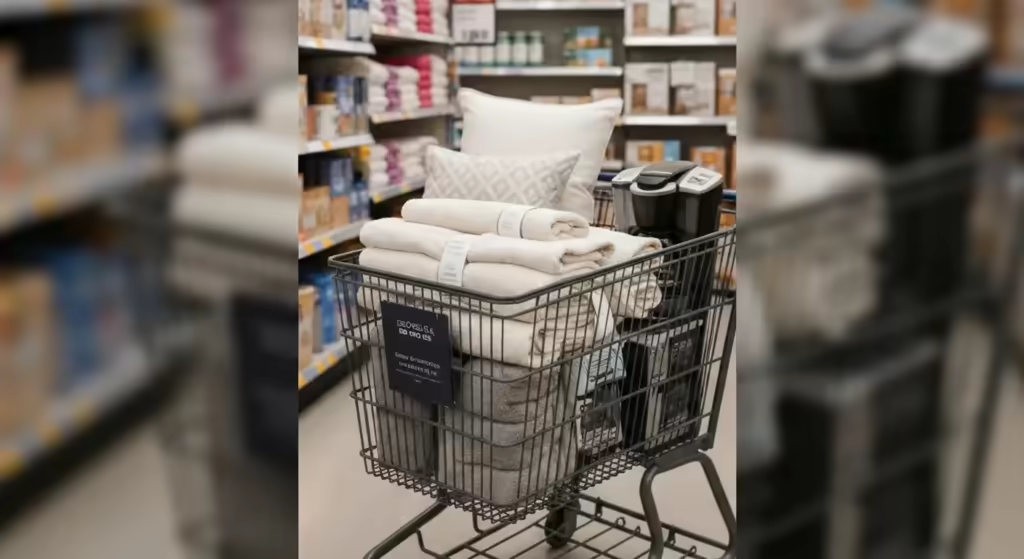
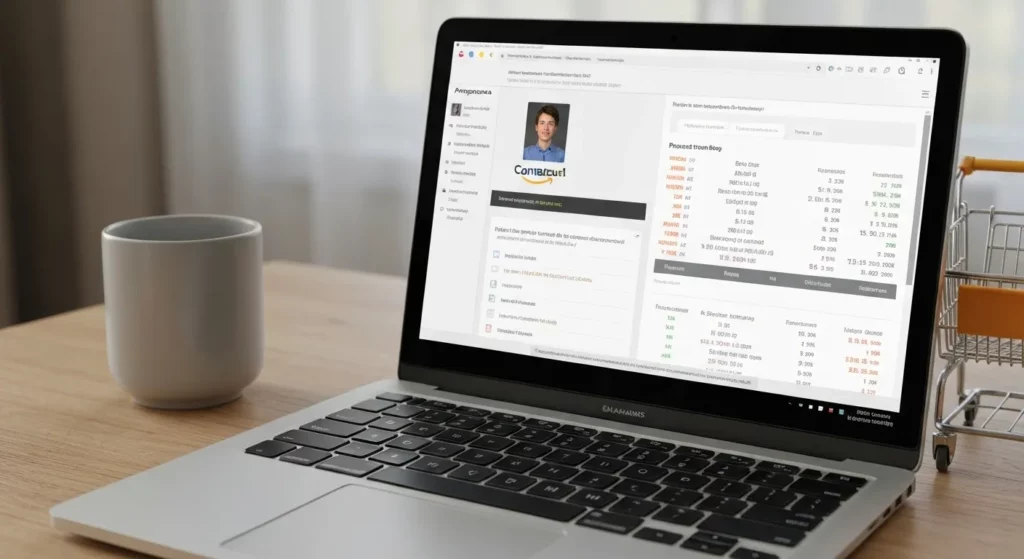
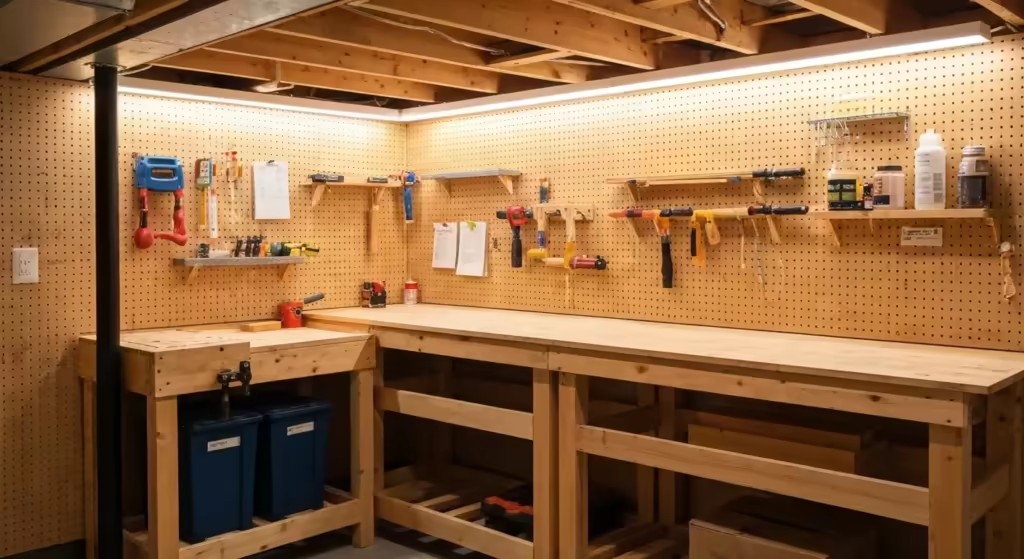



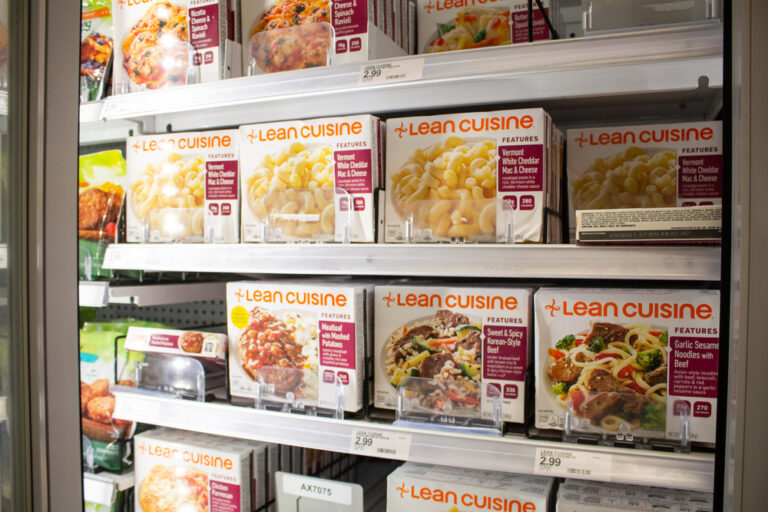


One Response
I pay for everything with my cash back credit card. I keep an eye on my account to be sure that I am not overspending. I also ignore how much cash back I have accumulated. That becomes a part of my savings. I do prefer tipping with cash to be sure the right person gets it.